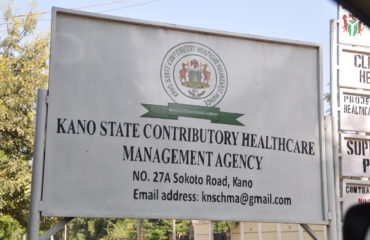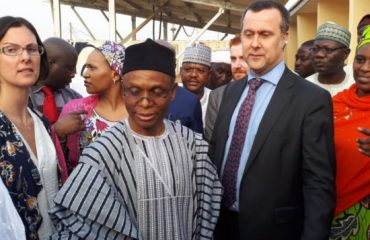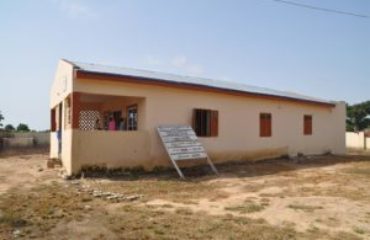A fully immunised child has a better chance of growing into a healthy adult, simply put, vaccines work! One in every five children in sub-Saharan Africa are still unreached, despite the fact vaccines are one of the most successful means to prevent diseases that lead to child deaths. According to the World Health Organization (WHO), vaccines have helped save 122 million lives worldwide since 1990 – they continue to save 2-3 million lives every year.
Every year about 116 million children worldwide receive basic or routine vaccines every year; but 19.4 million children still miss out – about 60% of these children live in 10 countries, including Nigeria. The WHO estimates, approximately 2.9 million children in Nigeria miss out on vaccines each year.
The 5-year UK-government funded, Maternal, Newborn and Child Health Programme in northern Nigeria (MNCH2) is working to ensure the children in urban and rural northern Nigeria receive routine vaccinations and basic healthcare to reduce child mortality. The poor and underprivileged feel the impact the most. Often living in rural areas, risk factors including poor nutrition and lack of clean water, sanitation and hygiene heighten their exposure to life threatening diseases, many of which are vaccine-preventable.
We must reach them with the vaccines and ensure that they are fully covered but it will require more than our usual approach.
Routine vaccination efforts are more successful when we know when and what vaccines a child gets.
Recently, MNCH2 conducted a survey with mothers of children under 2-years of age in the six MNCH2-supported states. We found that only 124 (8.36%) children were fully immunised against vaccine preventable diseases out of the 1,482 polled. This is a stark reality, but one that can be overcome with improved access and uptake of health facility services – a key area of MNCH2’s work.
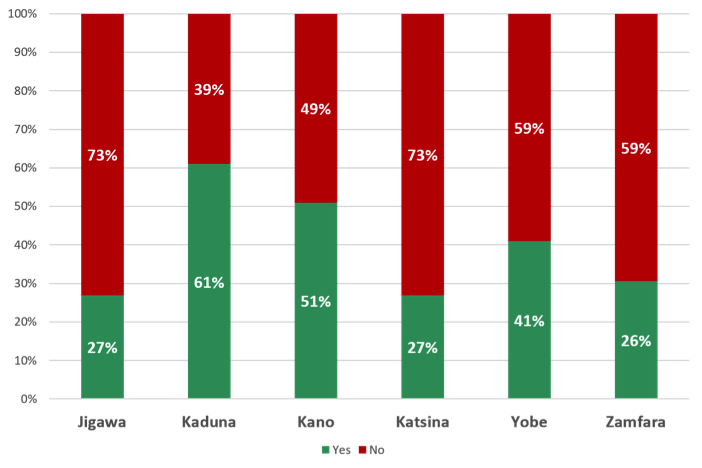
Figure: Children ages 6-months or older who have had immunization cards in MNCH2 states
More crucially, the data demonstrated a clear link between children born in a health facility and their likelihood to have routine vaccinations – in fact, they are 2.5 times more likely to have a vaccination card than children born at home.
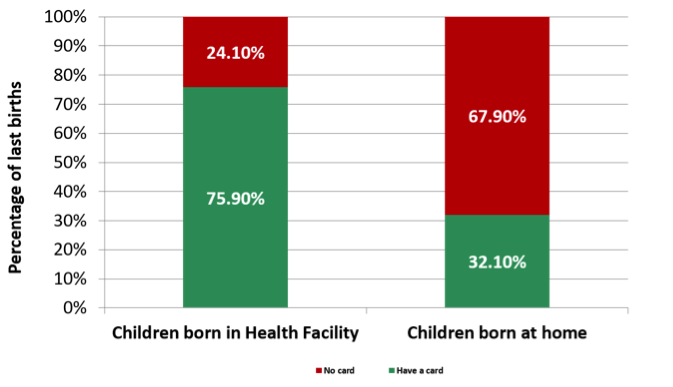
Figure: Children born in health facilities versus at home with an immunization card
Our work, in the MNCH2 programme, promotes routine immunization as a building block of the Primary Healthcare (PHC) system and universal health coverage. In order to achieve this MNCH2 works closely with service providers, from the Federal Government through the States and Local Government Authorities down to the community-level, in securing reliable and sustainable drug supplies (including vaccines), to build the skills of health workers with on-the-job training, Safe Space Initiatives (SSI) for young women, male volunteer and support activities, and integrated outreach services in some of the most remote communities to ensure they have access to routine immunization and maternal and child health care.
MNCH2’s work ensures that PHCs are functional and sustainable, as functional PHC centres play a key role in strengthening the wider health systems in northern Nigeria, by ensuring coverage for every child, especially those in the neglected or hard-to-reach areas.. Facility Health Committees (FHCs), which are supported by MNCH2, are a key part to guaranteeing the community’s voice is heard by policy-makers in regards to their healthcare – including access to vaccines, that facilities are functional and able to provide the basic services to reduce child and maternal deaths.
Our target, at MNCH2, is to ensure that over 4.7 million children are vaccinated over the 5 years of the programme (2014-2019). To reach our goal of 4.7 million, we look beyond this, to provide the sustainable vehicle that will take our populace to what remains our most important goal – where every child is protected from preventable deaths.


